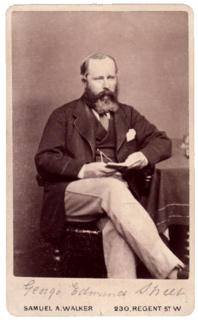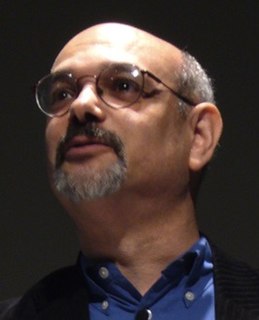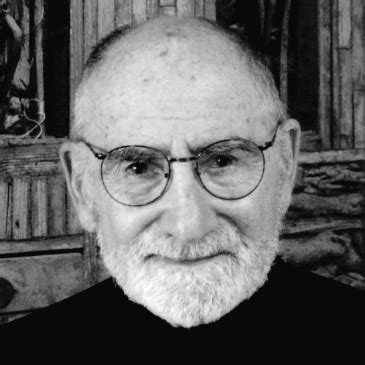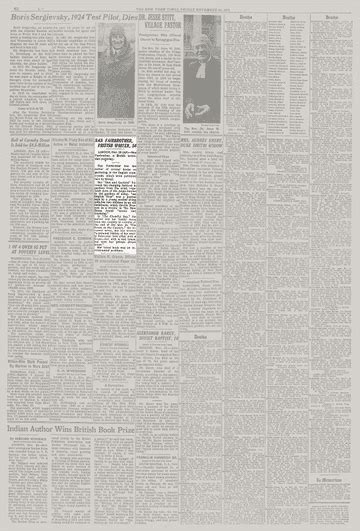A Quote by George Edmund Street
It is most necessary to avoid rusticity in any way, whether in material, design, or execution.
Related Quotes
In its most fundamental sense, execution is a systematic way of exposing reality and acting on it. Most companies don't face reality very well. ... Realism is the heart of execution, but many organizations are full of people who are trying to avoid or shade reality. Why? It makes life uncomfortable.
The most common misperception is the word 'design'. People think of primarily pretty pictures or forms. They don't understand the depth to which design goes-not only in products, but in every aspect of our life. Whether it is the design of a program, a product or some form of communication, we are living in a world that's totally designed. Somebody made a decision about everything. And it was a design decision.
Perhaps the choice is a negative one, in that I was trying to avoid everything that touched on well-known issues - or any issues at all, whether painterly, social or aesthetic. I tried to find nothing too explicit, hence all the banal subjects; and then, again, I tried to avoid letting the banal turn into my issue and my trademark. So it's all evasive action, in a way.
When we think of design, we usually imagine things that are chosen because they are designed. Vases or comic books or architecture... It turns out, though, that most of what we make or design is actually aimed at a public that is there for something else. The design is important, but the design is not the point. Call it "public design"... Public design is for individuals who have to fill out our tax form, interact with our website or check into our hotel room despite the way it's designed, not because of it.
It may indeed be doubted whether butchers' meet is anywhere a necessary of life. Grain and other vegetables, with the help of milk, cheese, and butter, or oil where butter is not to be had, afford the most plentiful, the most wholesome, the most nourishing, and the most invigorating diet. Decency nowhere requires that any man should eat butchers' meat.
Design is a field of concern, response, and enquiry as often as decision and consequence... it is convenient to group design into three simple categories, though the distinctions are in no way absolute, nor are they always so described: product design (things), environment design (places) and communication design (messages).
Making your mark on the world is hard. If it were easy, everybody would do it. But it's not. It takes patience, it takes commitment, and it comes with plenty of failure along the way. The real test is not whether you avoid this failure, because you won't. it's whether you let it harden or shame you into inaction, or whether you learn from it; whether you choose to persevere.







































